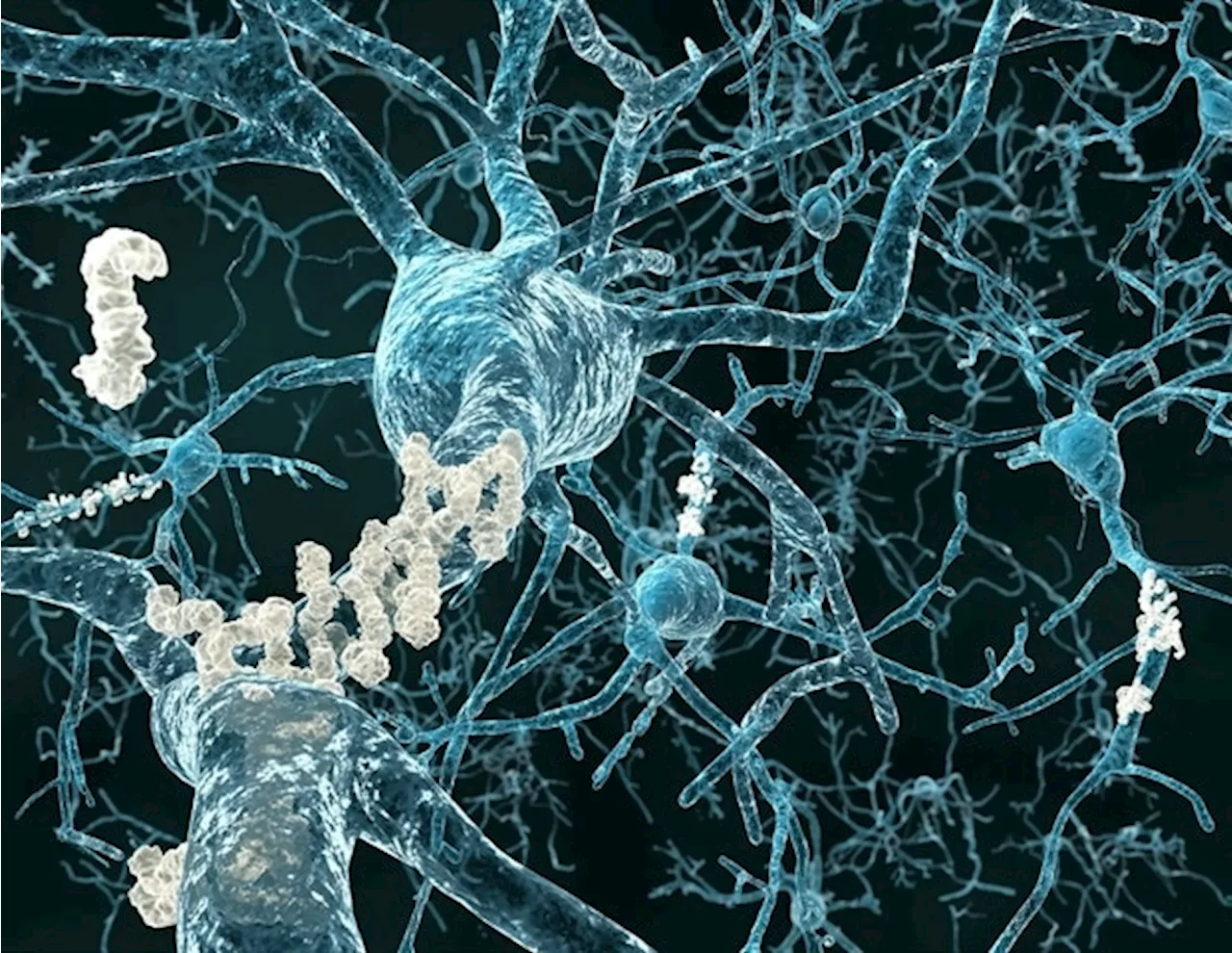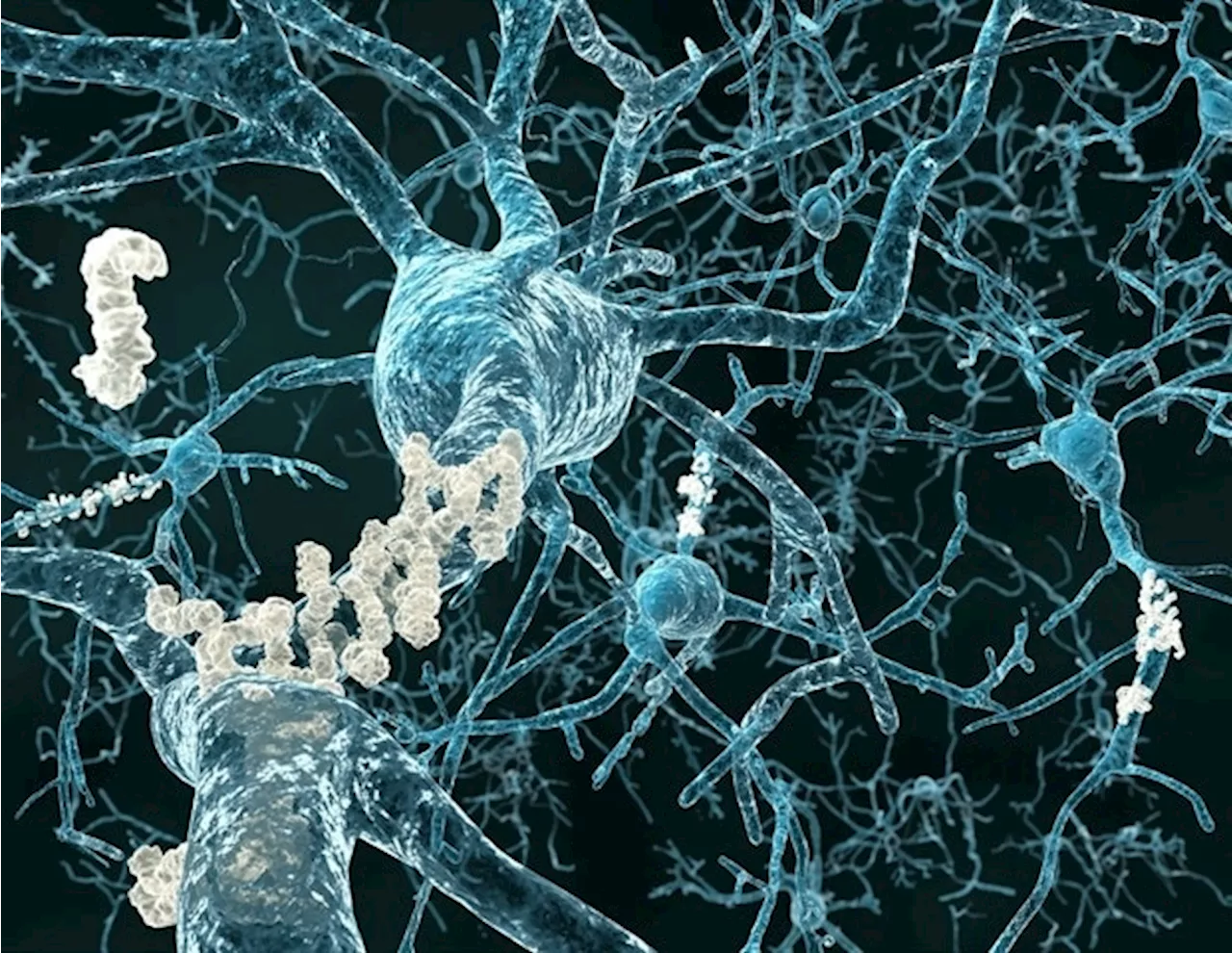New research published by a team of researchers from the University of Toronto in collaboration with colleagues from the University of Alberta has found that women who have had both ovaries surgically removed before the age of 50 and carry a variant of the apolipoprotein gene, the APOE4 allele, are at high risk of late-life Alzheimer disease (AD).
University of TorontoDec 5 2024 New research published by a team of researchers from the University of Toronto in collaboration with colleagues from the University of Alberta has found that women who have had both ovaries surgically removed before the age of 50 and carry a variant of the apolipoprotein gene, the APOE4 allele, are at high risk of late-life Alzheimer disease . Use of hormone therapy mitigates this risk.By 2050, Alzheimer's disease is projected to affect 12.
One of our most important findings was the fact that loss of the naturally occurring hormone , estradiol, as a result of surgical removal of both ovaries, might interact with the APOE4 allele to further increase Alzheimer's disease risk, placing women with early bilateral oophorectomy and APOE4 in a state of double jeopardy."
The study also identified resilience factors associated with the risk of Alzheimer's disease for these women. A high level of education was linked to a 9% lower likelihood of developing Alzheimer's disease in women with both types of menopause -; that caused by ovarian removal and that caused by aging -; supporting previous research showing education as a form of cognitive resilience in both women and men.
Importantly, among women with early bilateral oophorectomy, ever taking hormone therapy was associated with less than half the odds of Alzheimer's disease compared to those women who had not taken hormone therapy.
Allele Alzheimer's Disease Apolipoprotein Brain Education Estradiol Gene Hormone Menopause Oophorectomy Ovaries Research Surgery UK Biobank
United Kingdom Latest News, United Kingdom Headlines
Similar News:You can also read news stories similar to this one that we have collected from other news sources.
 Using earpiece microphones to spot early signs of Alzheimer'sAlzheimer's disease affects more than 50 million people worldwide, often devastating both the individuals who have it and their families and loved ones.
Using earpiece microphones to spot early signs of Alzheimer'sAlzheimer's disease affects more than 50 million people worldwide, often devastating both the individuals who have it and their families and loved ones.
Read more »
 Belly fat could predict Alzheimer's risk 20 years earlyA physical sign of Alzheimer's disease could appear on the body decades before the first signs of memory loss, according to new research
Belly fat could predict Alzheimer's risk 20 years earlyA physical sign of Alzheimer's disease could appear on the body decades before the first signs of memory loss, according to new research
Read more »
 Machine learning tool detects early signs of Alzheimer's in miceSubtle signs of Alzheimer's disease can emerge decades before a diagnosis-;often in the form of irregular behaviors that reflect very early stages of brain dysfunction.
Machine learning tool detects early signs of Alzheimer's in miceSubtle signs of Alzheimer's disease can emerge decades before a diagnosis-;often in the form of irregular behaviors that reflect very early stages of brain dysfunction.
Read more »
 First signs of dementia you might notice while making breakfastAn early sign of Alzheimer's disease could be when you are making breakfast
First signs of dementia you might notice while making breakfastAn early sign of Alzheimer's disease could be when you are making breakfast
Read more »
 Researchers develop low cost, scalable methodology for early dementia detectionA new study by researchers from Regenstrief Institute, Indiana University and Purdue University presents their low cost, scalable methodology for the early identification of individuals at risk of developing dementia.
Researchers develop low cost, scalable methodology for early dementia detectionA new study by researchers from Regenstrief Institute, Indiana University and Purdue University presents their low cost, scalable methodology for the early identification of individuals at risk of developing dementia.
Read more »
 C-Path announces important leadership appointments in neurology and Alzheimer's researchCritical Path Institute (C-Path) today announced key leadership appointments: Diane Stephenson, Ph.D., has been promoted to Vice President of Neurology, and Nadine Tatton, Ph.D., has been welcomed as the new Executive Director of C-Path's Critical Path for Alzheimer's Disease (CPAD) Consortium.
C-Path announces important leadership appointments in neurology and Alzheimer's researchCritical Path Institute (C-Path) today announced key leadership appointments: Diane Stephenson, Ph.D., has been promoted to Vice President of Neurology, and Nadine Tatton, Ph.D., has been welcomed as the new Executive Director of C-Path's Critical Path for Alzheimer's Disease (CPAD) Consortium.
Read more »
